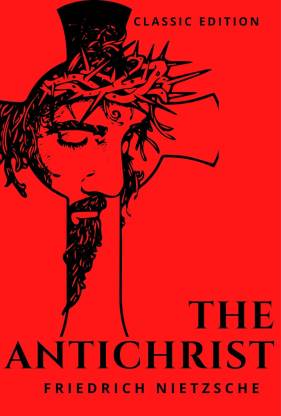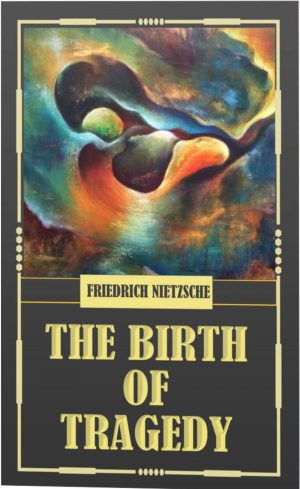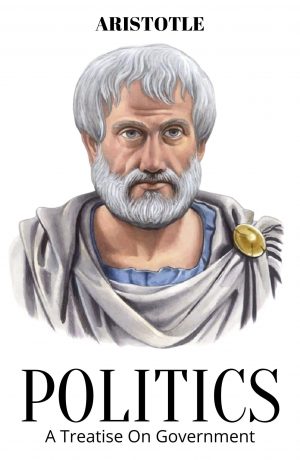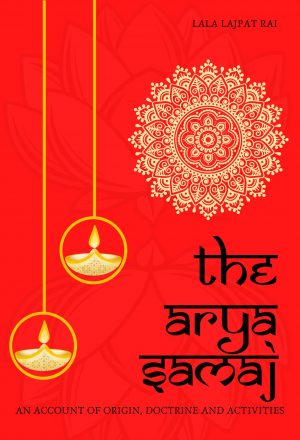Religion & Philosophy
The Antichrist by Friedrich Nietzsche, (Hardcover)
- ISBN: 9788182478855
- Pages: 98
The antichrist’ Is Friedrich Nietzsche’s great masterpiece, wherein Nietzsche attacks Christianity as a blight on humanity. This classic is essential reading for anyone wishing to understand Nietzsche and his place within the history of philosophy. Nietzsche claimed that to understand this philosophy, the reader should be above politics and nationalism. Also, the usefulness or harmfulness of truth should not be a concern
₹295.00 ₹399.00






There are no reviews yet.